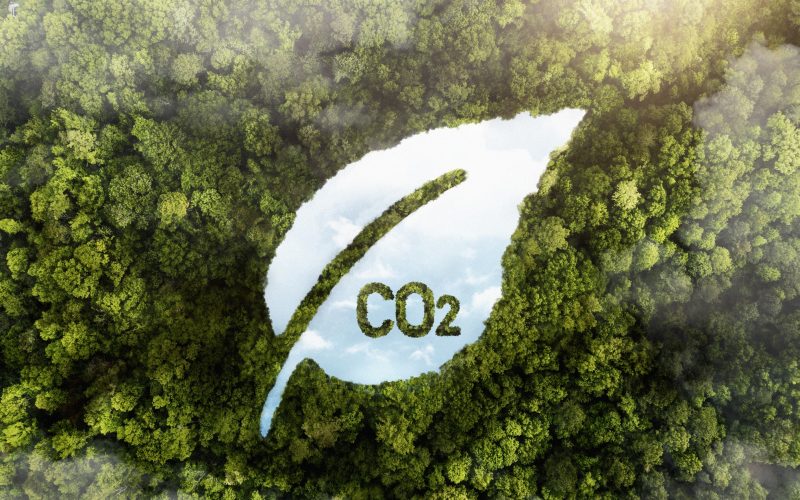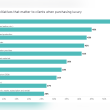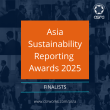The Integrity Council for the Voluntary Carbon Market (ICVCM) has approved a fresh set of carbon crediting methodologies, further widening the scope of activities eligible for its Core Carbon Principles (CCP) label. The decision follows its approval of three biochar methodologies in July.
Among the latest approvals are new engineered Carbon Dioxide Removal (CDR) approaches, alongside methodologies for Improved Forest Management (IFM) and Afforestation, Reforestation and Revegetation (ARR). Engineered CDR, which uses purpose-built technologies to capture carbon dioxide directly from the atmosphere, currently accounts for less than 1% of issued volumes in the voluntary carbon market. However, forward sales in this category are significant, and the market share is expected to expand rapidly in the coming years. Both the UK and EU are considering the integration of CDR credits into their Emissions Trading Schemes within the next five years.
Durable CDR projects are also proving crucial for the Global South, with three of the five largest supplier projects located there. The newly approved methodologies now eligible to generate CCP-labelled credits include:
- Gold Standard – Carbon Sequestration through Accelerated Carbonation of Concrete Aggregate (v1.0), subject to compliance with conditions on baseline carbonation and the use of Direct Air Capture or biogenic carbon dioxide sources.
- Isometric – Biomass Geological Storage (v1.0–1.1), Bio-oil Geological Storage (v1.0–1.1), Subsurface Biomass Carbon Removal and Storage (v1.0), Biogenic Carbon Capture and Storage (v1.1), and Direct Air Capture (v1.1).
So far, only around 30,000 credits have been issued across these methodologies. However, market potential is considerable, with 24 projects registered under Isometric methodologies expected to generate more than 3.2 million credits annually, and 15 projects under the Gold Standard methodology expected to deliver around 9,000 credits annually in the coming years.
The ICVCM has also confirmed that the CAR Mexico Forest Protocol v3 and VM0047 v1.1 have attained CCP-Approved status. CAR Mexico Forest Protocol v3 had previously been granted conditional approval pending revisions to its leakage accounting rules. These have now been addressed through an Errata and Clarification document, allowing projects to replace the previous 20% flat leakage rate with a variable market leakage rate of up to 40%, consistent with the latest research (Pan et al., 2020). The Integrity Council has therefore upgraded the methodology to full approval, with conditions requiring a minimum 40-year permanence commitment and a leakage rate based on cumulative harvest comparisons. To date, 8.1 million credits have been issued under this IFM methodology, though the share qualifying for CCP labelling remains unconfirmed.
Meanwhile, VM0047 v1.1, published in May 2025 as a minor update to VM0047 v1 (approved in December 2024), introduces provisions for project activities on forested lands not managed for wood products, expands the use of remote sensing to estimate woody biomass, and requires GPS coordinates or physical markers to identify trees. No credits have yet been issued under either version. However, two projects are registered under v1, with a further 52 in earlier stages, expected to generate 6.5 million credits annually. Eleven projects are in the pipeline under v1.1, anticipated to produce around 3 million credits annually.
Annette Nazareth, Chair of the Integrity Council, said: “We are pleased to announce these new approvals for methodologies in a variety of emissions reductions and removals categories. The science is clear that both reductions and removals are critical to effective climate action. These latest approvals will open up new options for integrity-focused buyers to broaden their portfolios of carbon credits across a range of high-impact categories.”

















